The biggest shakeup in Android's history just dropped, and it's about to transform how you download apps. Here's the kicker: after years of legal battles, Epic Games has officially demolished Google's app store monopoly, and the changes hitting your phone in November will give you more choices than Android has ever offered. We're not just talking about minor tweaks—this is a complete reimagining of how Android's app ecosystem works.
What you need to know:
- Federal appeals court upholds Epic's monopoly victory – giving you immediate access to competing app stores
- Epic Games Store coming to Google Play within the next few months, no sideloading required
- Third-party app stores get full access to Google's 2+ million app catalog for seamless browsing
- Google can't force its 30% billing system on developers anymore, potentially lowering your app costs
- Changes take effect November 1st for three full years of genuine competition
This isn't just another tech lawsuit settling quietly in the background. The Ninth Circuit Court of Appeals just delivered a double-barreled legal blow that Google can't overturn, and Epic Games CEO Tim Sweeney is calling it a "total victory." Translation? Your Android experience is about to get a lot more interesting—and competitive.
Why this monopoly ruling actually matters for your phone
Let's break down what the unanimous jury verdict from December 2023 really means. Nine jurors looked at Google's business practices and unanimously agreed: yes, Google has monopoly power in Android app distribution, and yes, they've been using illegal tactics to maintain it.
The jury's decision was unanimous, but the evidence that convinced them reveals something unprecedented in tech antitrust cases—they saw secret revenue sharing deals between Google, smartphone makers, and game developers. They reviewed internal emails showing Google executives were genuinely scared that Epic might convince other developers to create rival app stores. These weren't theoretical market concerns; they were documented communications revealing a company actively building barriers to crush competition before it could take root.
Federal Judge James Donato didn't mince words when he issued the permanent injunction: "We're going to tear the barriers down, it's just the way it's going to happen." The court found that Google's conduct violated antitrust laws and substantially harmed competition while directly injuring Epic Games and limiting choices for millions of Android users.
Think of it this way: Android was supposed to be the open alternative to Apple's walled garden, but Google had been building invisible walls of its own. These weren't technical barriers—they were contractual ones that the court found deliberately designed to maintain Google's monopoly while undermining the platform's promise of real competition. The ruling exposes how Google's "openness" came with strings attached—strings that Epic's victory just cut.
What's actually changing on your Android device
Starting November 1st, 2024, Google faces a complete ecosystem overhaul. The three-year injunction creates a domino effect across the Android landscape, starting with how you discover and install apps, then fundamentally changing how developers can price and distribute their software.
For app stores: Google must allow distribution of third-party Android app stores through Google Play, making it dramatically easier to install different stores without sideloading. No more hunting down APK files or navigating those 21-step security warnings that Samsung's Auto Blocker throws at you. Even better, Google must allow third-party app stores to access the Google Play Store's catalog of apps so they can offer Play Store apps to users—imagine browsing Epic Games Store while still accessing Google's massive library.
Building on this new distribution freedom, for payments: Google can't require developers to use Google Play Billing anymore. Developers can offer their own payment systems—think Stripe, PayPal, or direct credit card processing—potentially saving you money since they won't need to build Google's 30% cut into their pricing. This payment liberation works hand-in-hand with the new store competition to create genuine pricing pressure.
And tying it all together, for developers: Google can't prohibit developers from communicating with users about alternative payment options or pricing. If an app costs less on Epic Games Store than on Google Play, or if you can save money using a developer's direct payment system, developers can finally tell you about it—creating transparent competition across both distribution and pricing.
The most immediate change? Epic has already announced the Epic Games Store for Android will be coming to Google Play Store. That means Fortnite could be just a few taps away instead of requiring the current workaround through Samsung Galaxy Store or direct APK installation.
Getting started: what this means for you right now
While the formal changes don't kick in until November 1st, there's actually a compelling reason to pay attention to what's happening now—Epic Games has already begun offering free games for Android through its standalone app store, giving you a preview of the competition that's about to explode across Android. The catalog has expanded beyond Fortnite and Fall Guys to include over 30 Android games, with free monthly offerings similar to what PC gamers have enjoyed for years.
Here's the current reality check: installing the Epic Games Store still requires downloading an APK and manually installing it, which means navigating Android's built-in security warnings. In my experience testing the current setup, most Android devices have safeguards specifically designed to prevent this kind of installation—Samsung's Auto Blocker feature now requires an "exceptionally onerous 21 step process" to download apps outside of Google Play or Galaxy Store, turning what should be a simple app installation into a frustrating maze of warnings and confirmations.
But come November, that friction disappears—imagine installing Epic Games Store as easily as downloading any other app, with full access to both Epic's exclusive games and the broader Google Play catalog. Google will have up to eight months to implement the technology needed to distribute third-party app stores through Google Play, with a three-person technical committee jointly chosen by Epic and Google reviewing disputes over implementation details and security requirements.
PRO TIP: Keep an eye on pricing differences once alternative payment systems go live. Without Google's 30% cut baked in, developers might offer better deals on their own stores or through alternative billing options—potentially saving you real money on app purchases and subscriptions.
Don't expect this transition to be entirely smooth, though. Google has warned that the required changes will raise privacy and security risks, arguing they could expose consumers to "scam artists and hackers masquerading as legitimate app stores." The company estimates up to $137 million in implementation costs plus ongoing maintenance expenses—a figure that seems substantial until you consider Google reported $23.7 billion in net income just in the first quarter of 2024.
Where do we go from here?
Epic's victory goes beyond getting Fortnite more easily accessible—it demonstrates a new approach to tech antitrust that focuses on documented harm rather than theoretical market definitions, creating a playbook for future challenges against digital monopolies. This represents a rare example of successful antitrust enforcement against Big Tech that goes beyond fines to mandate actual operational changes.
While European regulators have hit tech giants with billions in penalties, and U.S. investigations have dragged on for years, Epic's case achieved tangible results by presenting concrete evidence—secret contracts, email trails documenting anti-competitive intent, and specific examples of how Google's agreements with manufacturers like Samsung were designed to block competition. This evidence-based approach proved more effective than the economic theory arguments that often dominate antitrust cases.
The ripple effects are already reshaping discussions about mobile app competition. If the injunction is fully implemented, expect more competitive pricing, innovative payment options, and genuine choice in how you discover and install apps. Developers now have leverage to negotiate better terms, and consumers benefit from the resulting competition—exactly what antitrust law is designed to achieve.
But Google isn't giving up without exhaling every legal avenue. The company confirmed it will appeal to the U.S. Supreme Court, arguing that the decision "ignores what every developer in the world knows" about platform competition. They're pointing to the contrast with Apple's case, where Epic largely lost despite both companies taking similar 30% cuts from developers. However, the appeals court specifically addressed this comparison, noting that Google's open platform model created different competitive expectations than Apple's closed ecosystem.
SHOP: Want to get ahead of these changes? Samsung Galaxy Store already offers an alternative to Google Play on Samsung devices, though it represents only about 1% of all Android app downloads despite being available on 40% of Android phones—a statistic that perfectly illustrates how Google's barriers have prevented genuine competition.
Bottom line? Your next app download just got a lot more interesting. Whether you're team Epic, team Google, or just want the best deal on your apps, November 1st marks the beginning of a genuinely competitive Android app ecosystem—something the platform has promised since day one but never quite delivered until now.




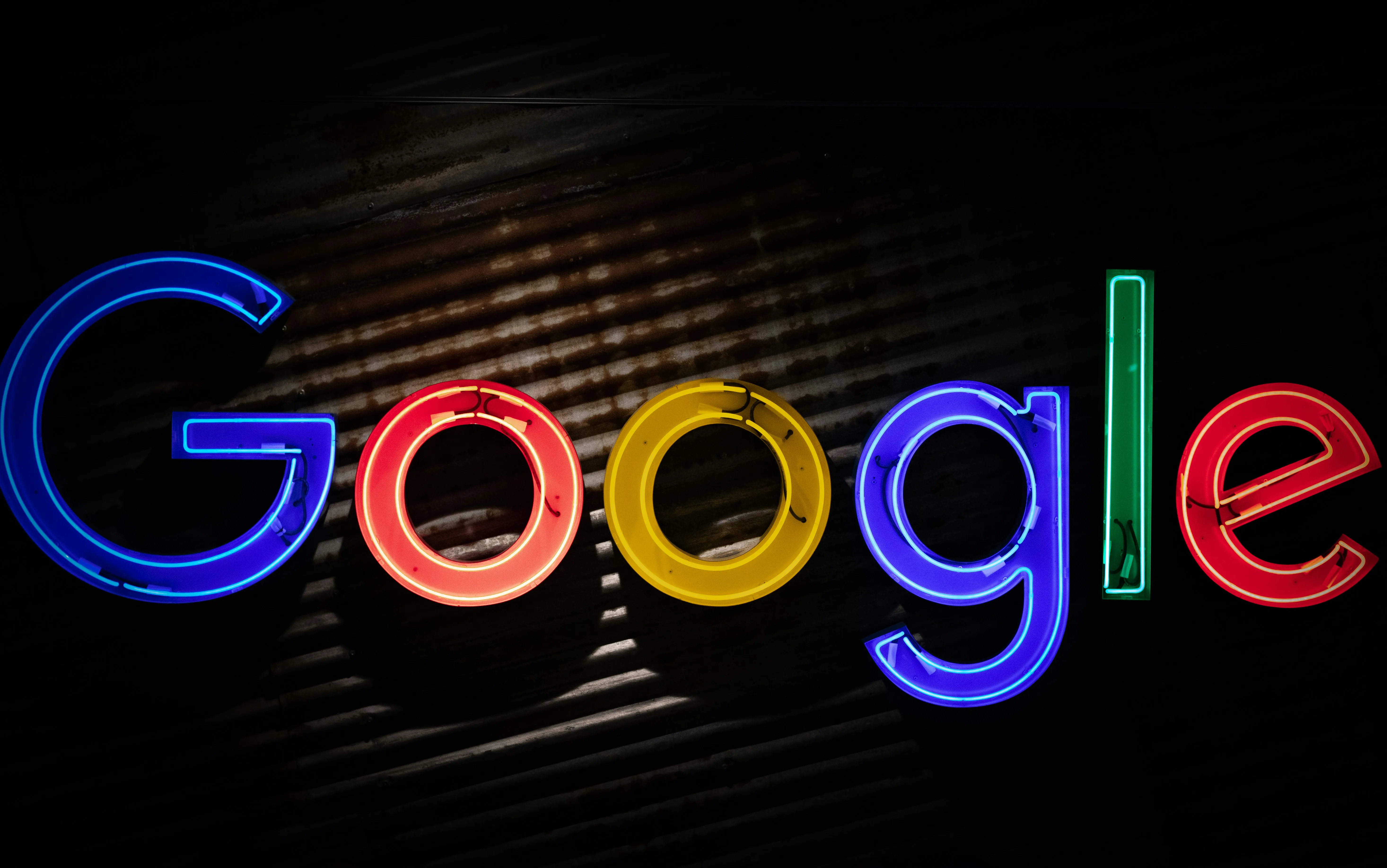
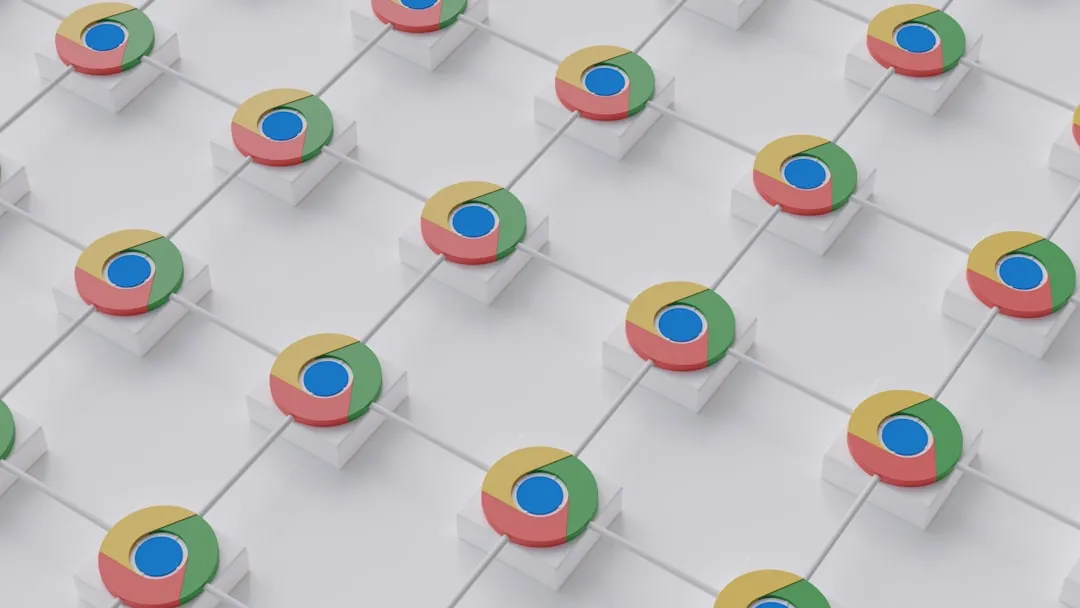
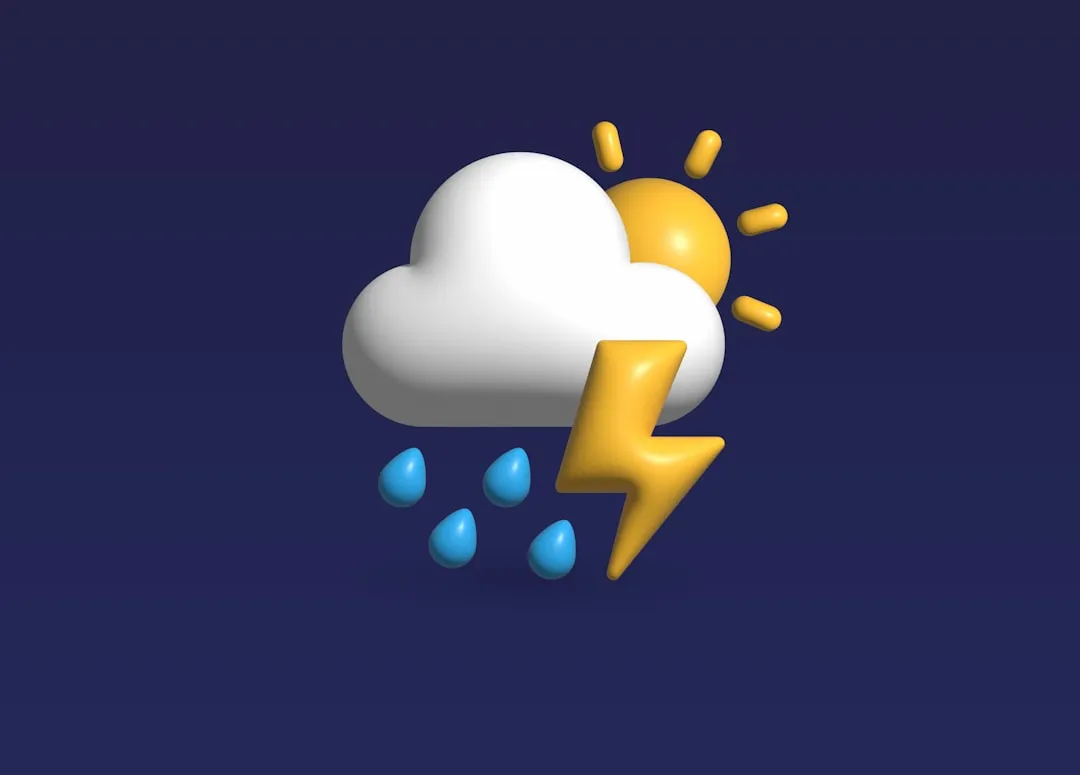
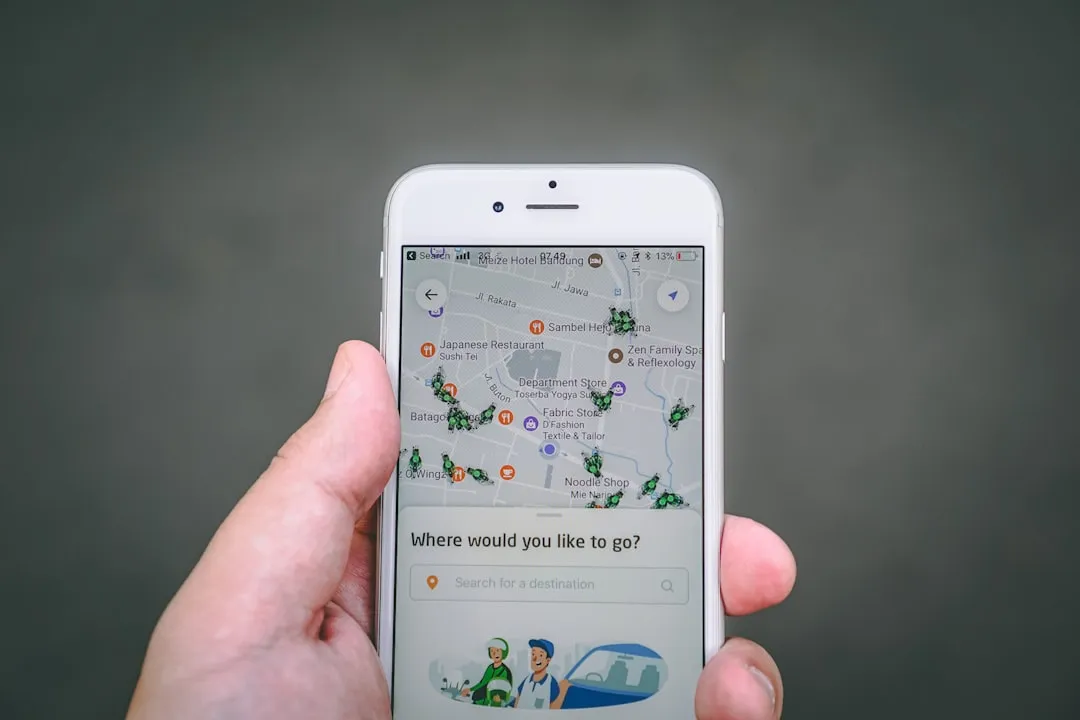
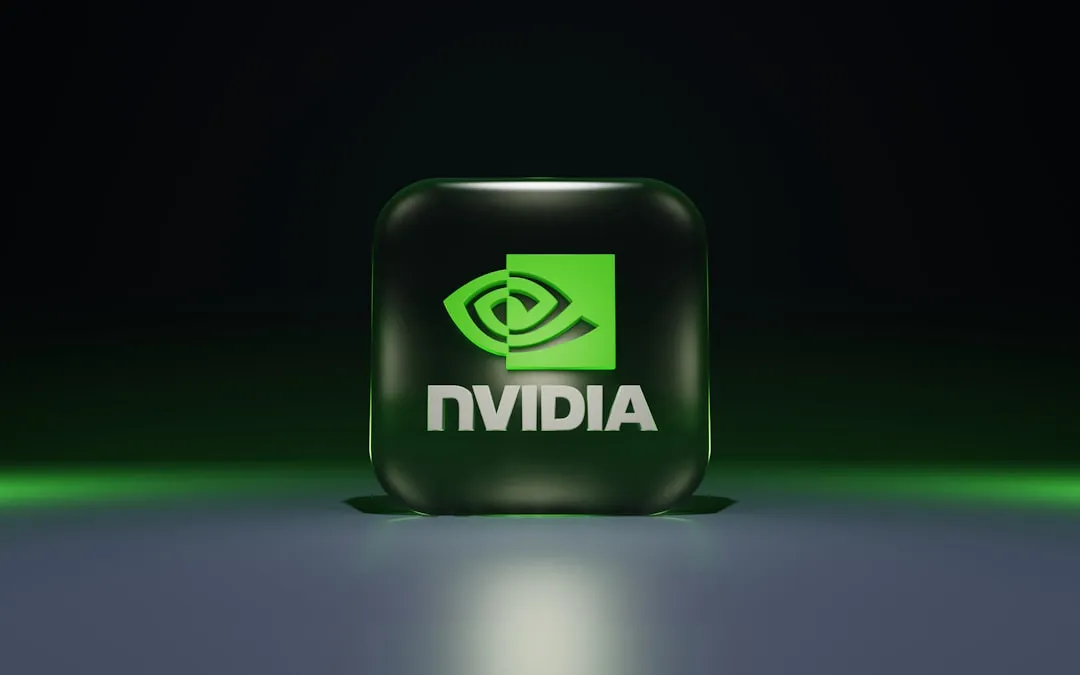


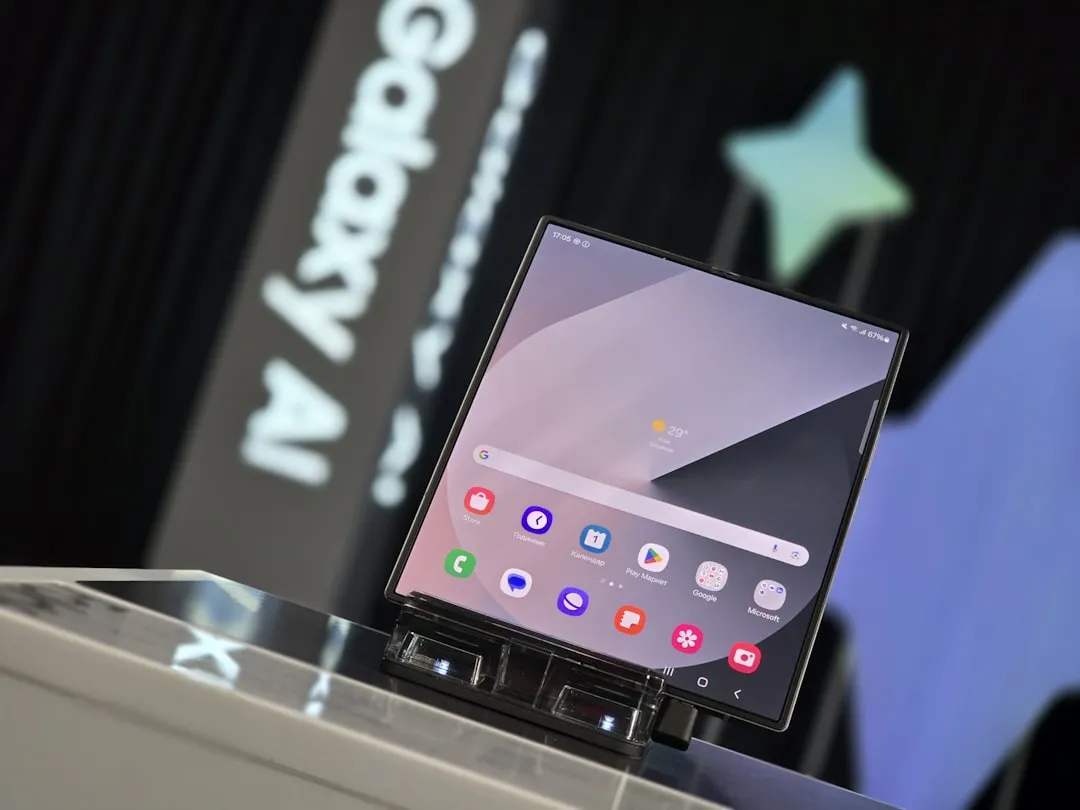



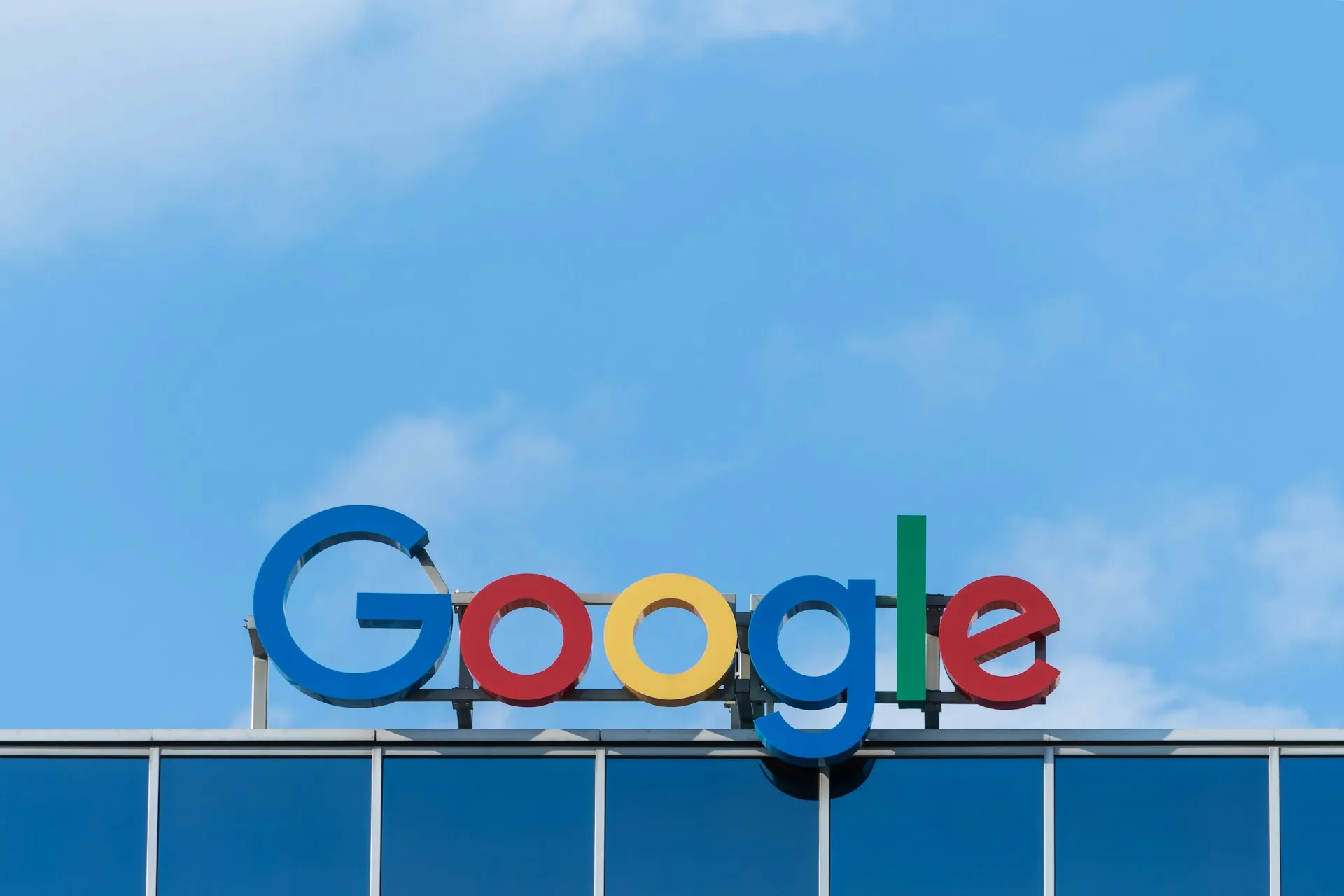
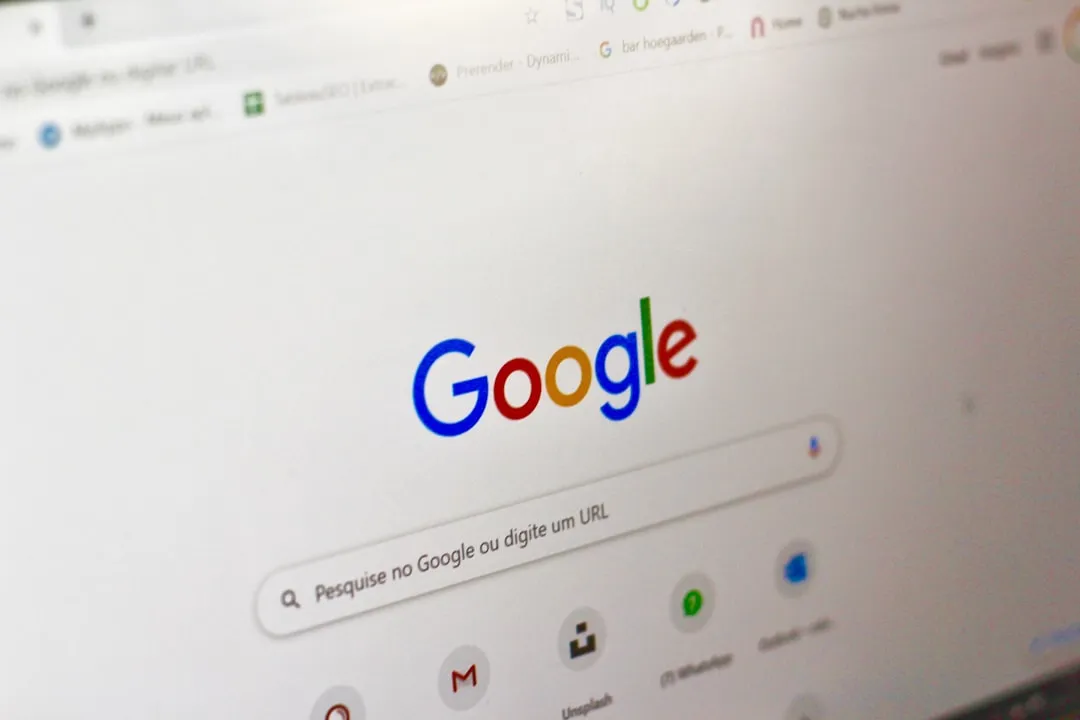




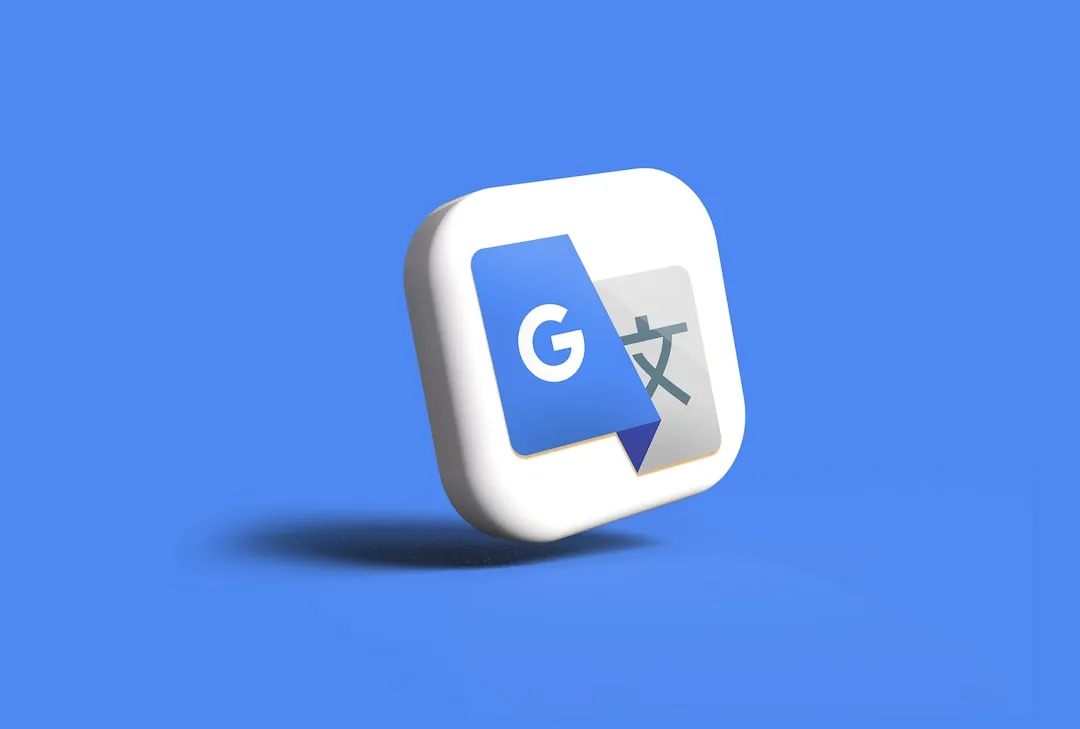

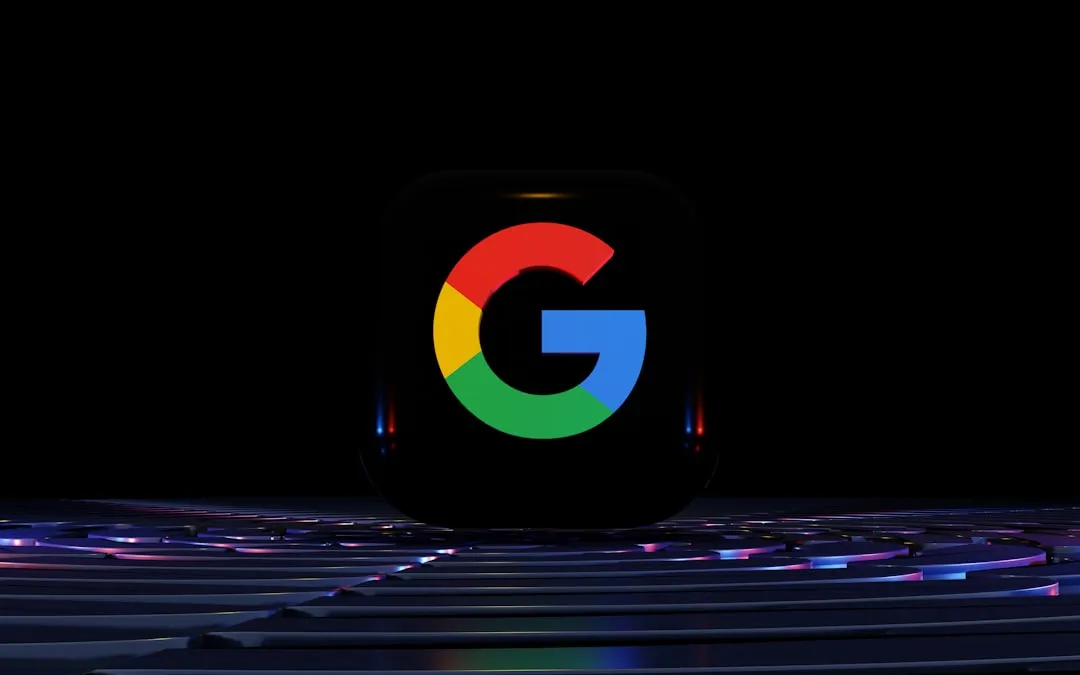
Comments
Be the first, drop a comment!